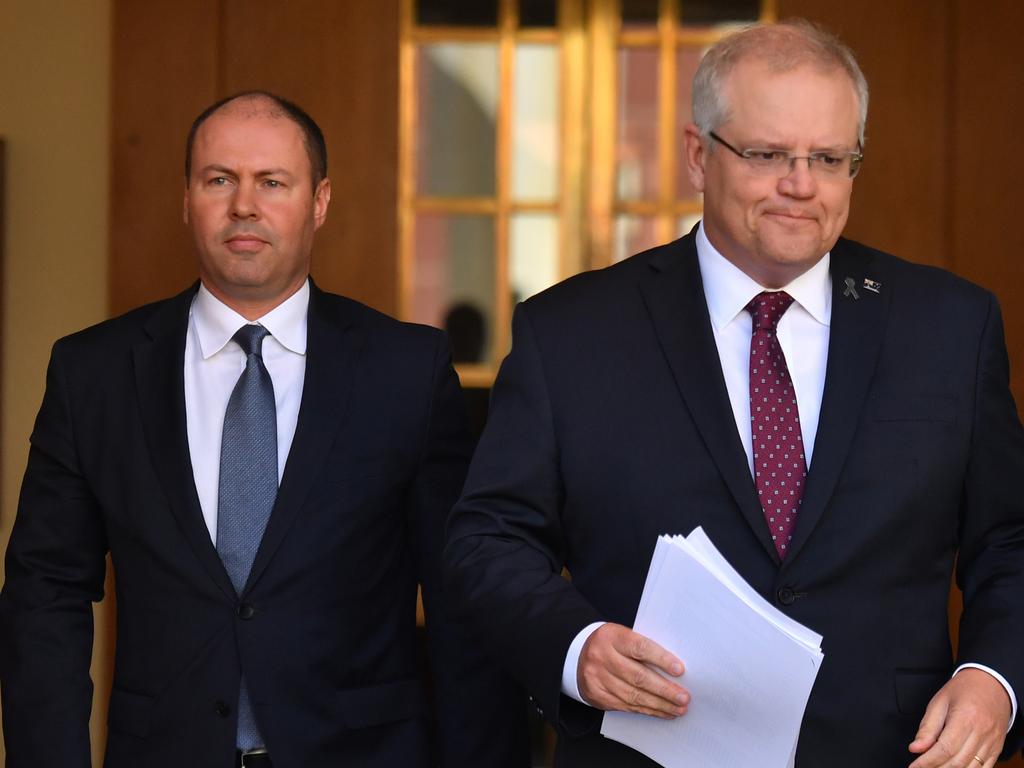Use coronavirus as a catalyst for change, says Wesfarmers’ Rob Scott
Post-COVID rebuilding of the economy a ‘once in a generational opportunity’, says Wesfarmers’ Rob Scott.

The post-COVID rebuilding of the economy has given Australia a “once in a generational opportunity” to reform and remove the “disincentives” for jobs, says Rob Scott, chief executive of Wesfarmers.
Speaking on Radio National this morning, Mr Scott said Australia’s “world class” handling of the crisis meant the country had “earnt the right” to begin seeing social distancing restrictions relaxed, and believed businesses were well equipped to deal with people coming back into stores.
While acknowledging that Wesfarmers stores - Bunnings, Officeworks and Kmart - were able to accommodate social distancing measures more easily due to their size, Mr Scott said it was up to the public to take “personal accountability” to ensure employees were safe in smaller businesses.
As the country began to recover, Mr Scott believed Australia needed to look at measures that would stimulate investment and “take control of the domestic economy”.

“We need to find a way for businesses big and small to have the confidence to employ more people, as the PM [Scott Morrison] said that there’s a million people that need to get back to work and remove some of the disincentives for jobs,” Mr Scott said.
“This payroll tax is a great example. Having a tax which we levy around $26bn on payroll tax across the country - which is essentially a tax on jobs - I think we have a once in a generational opportunity to reflect on whether they are relevant for the future.”
Industrial reform call
Another piece of reform that Mr Scott believed necessary was industrial reform, with increasing the speed of decision making “essential”. As the nation’s third-largest employer with more than 100,000 staff, Mr Scott said “very, very long lead times” had made the enterprise bargaining agreement system “unworkable”.
He also reiterated his call for the National Cabinet - the decision making group consisting of the Prime Minister, state premiers and chief ministers - to continue leading the country in the aftermath of the crisis.
“We’re going to face higher unemployment, we’re really going to need to come up with some ways to get the economy going again, and these are things that just can’t be done in isolation - at a national or a state level,” he said.
Despite calls for Australia to decrease its reliance on China, Mr Scott said it was “a lot easier to say than to do”, but said coronavirus has taught businesses that diversity of supply and carrying additional inventory were important factors in mitigating these risks.
“There’s a reason why we do bring product in from different parts of the world, and that is because different parts of the world have a comparative advantage in the production of certain items, and Australian consumers and businesses have reaped the benefits of that efficiency,” Mr Scott said.
“It’s really hard to flick a switch and move all of that back to Australia, and would come at a significant cost in many ways. I think around the edges there are ways to ensure greater flexibility and diversity in our supply chains.”







To join the conversation, please log in. Don't have an account? Register
Join the conversation, you are commenting as Logout